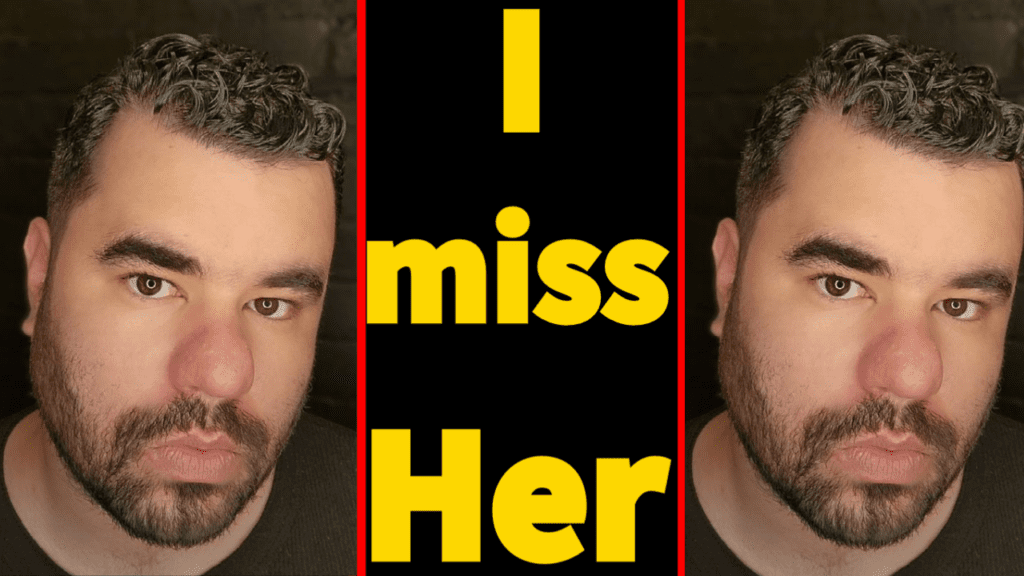Depression is a common mental health condition that affects millions of people around the world. While depression can affect anyone, regardless of gender, it is important to understand that men can experience depression differently from women. This article is a comprehensive guide for men who are struggling with depression and provides actionable and practical advice for managing and overcoming this condition.
Understanding Depression
Depression is a mood disorder characterized by persistent feelings of sadness, hopelessness, and a lack of interest or pleasure in activities that were once enjoyable. Depression can be a serious and debilitating condition that affects many aspects of a person’s life, including their relationships, work, and physical health. Some common symptoms of depression include:
- Persistent feelings of sadness, hopelessness, or emptiness
- Loss of interest in activities that were once enjoyable
- Changes in sleep patterns, such as sleeping too much or too little
- Changes in appetite, such as overeating or losing weight
- Fatigue or loss of energy
- Difficulty concentrating or making decisions
- Thoughts of death or suicide
It is important to note that depression can manifest differently in different people and that not everyone who experiences depression will have all of these symptoms. If you are experiencing any of these symptoms and they are impacting your daily life, it is important to seek help from a mental health professional.
The Stigma of Depression in Men

One of the challenges that men face when dealing with depression is the stigma that is associated with mental health conditions. Many men are taught from a young age to be strong, independent, and self-reliant, and seeking help for mental health issues can be seen as a sign of weakness. This stigma can prevent men from seeking help and can make it difficult for them to talk about their feelings and emotions.
In addition, many men are less likely to seek help for mental health conditions than women, and they may be less likely to be diagnosed with depression. This is partly due to the fact that men are less likely to seek help and partly because depression can manifest differently in men than it does in women. For example, men are more likely to use alcohol and drugs to cope with depression, and they may be more likely to engage in risk-taking behaviors.
The Benefits of Seeking Help for Depression
Despite the stigma that is associated with depression, seeking help is an important step in managing and overcoming this condition. Here are some of the benefits of seeking help for depression:
- Improved mental health: Seeking help from a mental health professional can improve your mental health and help you better manage your depression.
- Better relationships: Depression can strain your relationships, but getting help can improve your relationships and help you better connect with others.
- Improved work performance: Depression can affect your work performance, but getting help can improve your productivity and job satisfaction.
- Better physical health: Depression can have a negative impact on your physical health, but getting help can improve your physical health and well-being.
How to Seek Help for Depression
If you are struggling with depression, it is important to seek help from a mental health professional. Here are some steps you can take to seek help:
- Talk to your doctor: Your primary care doctor can help you understand your symptoms and refer you to a mental health professional if necessary.
- Find a mental health professional: You can find a mental health professional by searching online, asking for referrals from friends and family, or by contacting your insurance company.
- Prepare for your appointment: Before your appointment, it can be helpful to write down your symptoms and any questions you have for the mental health professional.
- Be honest: During your appointment, it is important to be honest about your symptoms and experiences. The more information you can provide, the better your mental health professional will be able to help you.
Treatment Options for Depression
There are many different treatment options available for depression, including therapy, medication, and lifestyle changes. The treatment that is right for you will depend on your individual needs and symptoms. Here are some of the most common treatment options for depression:
- Therapy: Cognitive behavioral therapy (CBT) and interpersonal therapy (IPT) are two types of therapy that are commonly used to treat depression. These types of therapy can help you identify and change negative thought patterns and behaviors, improve your relationships, and increase your sense of well-being.
- Medication: Antidepressant medications can help to relieve symptoms of depression by altering the levels of neurotransmitters in the brain. Common types of antidepressants include selective serotonin reuptake inhibitors (SSRIs), tricyclic antidepressants (TCAs), and monoamine oxidase inhibitors (MAOIs).
- Lifestyle changes: Making changes to your lifestyle, such as getting regular exercise, eating a healthy diet, and getting enough sleep, can help to manage symptoms of depression and improve your overall well-being.
Coping with Depression on a Daily Basis

In addition to seeking help from a mental health professional, there are many things you can do on a daily basis to help cope with depression. Here are some tips for managing depression:
- Stay connected: Spending time with friends and family, and engaging in activities that you enjoy, can help to reduce feelings of loneliness and isolation.
- Practice self-care: Taking care of yourself, such as eating a healthy diet, getting enough sleep, and exercising regularly, can help to improve your physical and mental health.
- Challenge negative thoughts: Depression can cause you to have negative thoughts about yourself, others, and the future. Challenging these thoughts and focusing on positive experiences can help to reduce feelings of hopelessness and improve your mood.
- Seek support: Talking to a trusted friend, family member, or mental health professional can provide you with support and help you feel less alone.
Overcoming Depression
Dealing with depression can be a long and difficult journey, but with the right support and treatment, it is possible to overcome this condition. Remember that seeking help is a sign of strength, and that you are not alone. With time, support, and the right treatment, you can manage your depression and live a happy, healthy life.
Depression is a treatable condition, and with the right support and treatment, it is possible to overcome this condition and live a happy, healthy life. If you are struggling with depression, it is important to reach out for help, whether that be from a mental health professional, a trusted friend or family member, or a support group. With the right support, you can overcome depression and live a fulfilling life.
Conclusion
Depression is a common and serious mental health condition that affects millions of people, including men. Despite the stigma that is associated with depression, seeking help is an important step in managing and overcoming this condition. There are many different treatment options available for depression, including therapy, medication, and lifestyle changes, and it is important to find the treatment that is right for you. With the right support and treatment, it is possible to overcome depression and live a happy, healthy life.



